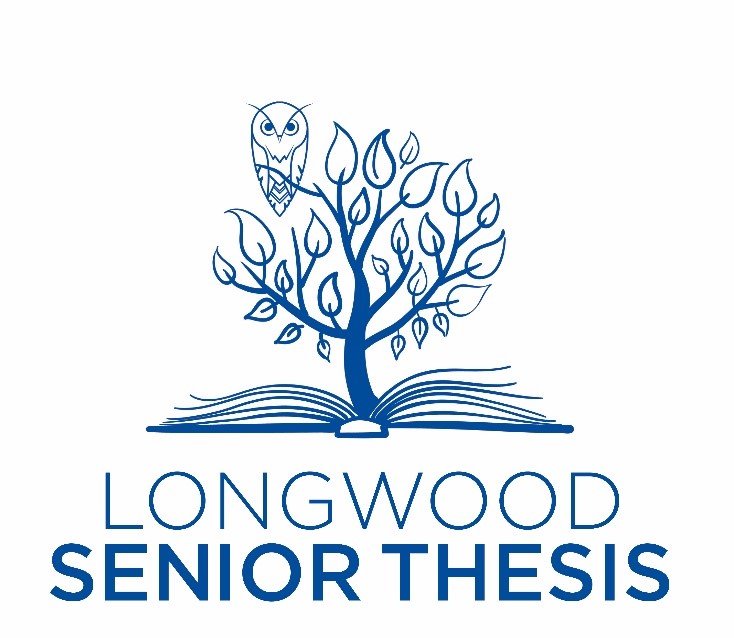Document Type
Article
Publication Date
Spring 2024
Abstract
Digital detox practices are periods of device restriction, reduction, or abstinence aimed to seek improvements in the negative outcomes associated with frequent device use. There are numerous gaps in digital detox literature including unsustainable periods of detox, imprecise definitions of digital detox, a lack of investigation into mediating mental health constructs, no collection of participant-driven qualitative data, and a failure to control for compensatory behaviors. Gaps like these could account for continued mixed findings in areas like anxiety, depression, and life satisfaction, salient to mental well-being. The present study aims to further parse the role that device-free time plays in curbing the negative effects of frequent device use by addressing these gaps. In this mixed-model study, participants complete six weeks of brief, triweekly, outdoor walks without device use, and six weeks of these same walks with permitted device use. Researchers employ briefer digital detox periods over an extended time, a precise definition of digital detox, multiple mindfulness measurements, participant-driven qualitative responses, and an attempted control for compensatory behavior (outdoor walks).
Recommended Citation
Burrill, Sandrah, "The (Dis)advantages of Device Free Time: A Mixed -Methods Digital Detox Study" (2024). Longwood Senior Theses. 36.
https://digitalcommons.longwood.edu/senior_theses/36


